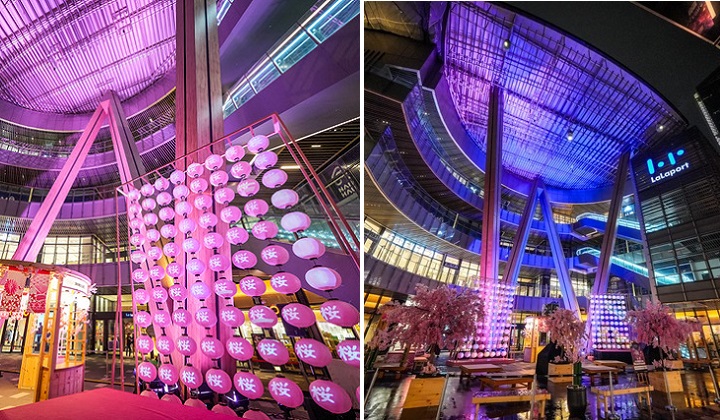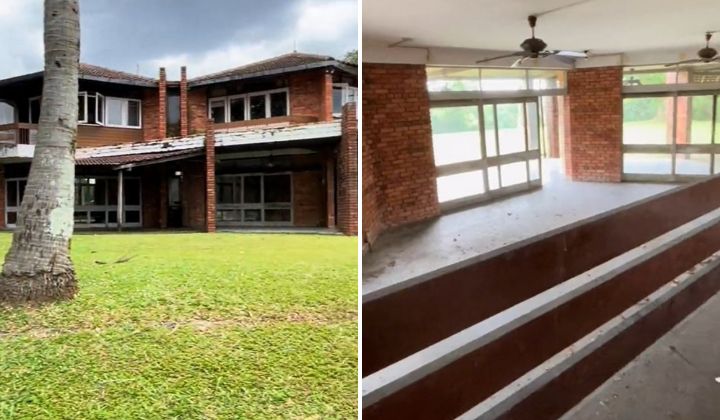KL Is World Book Capital 2020 But M’sians Don’t Read That Much
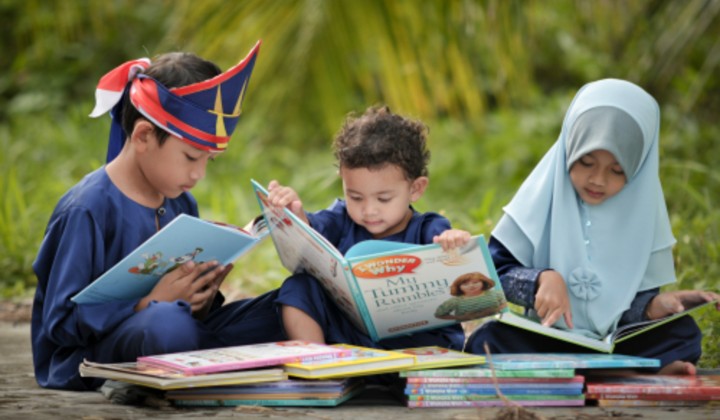
2020 starts off with Kuala Lumpur as the World Book Capital for the year.
The World Book Capital is a programme started by the United Nations Educational, Scientific and Cultural Organization (UNESCO) to acknowledge the best programmes dedicated to books and reading.
Since the programme started in 2001, Malaysia is the second Southeast Asian country to host the World Book Capital, after Thailand in 2013.
Malaysia was chosen on the recommendation of the the World Book capital Advisory Committee based on the country’s strong focus on inclusive education, development of a knowledge-based society, and accessibility to reading for all parts of KL’s population.
Statistics show that almost all Malaysians can read with an adult literacy rate of 93%, but that doesn’t mean that they read regularly for leisure.
According to our (not a scientifically-backed) poll, only about 40% of our readers responded that they read for fun.
According to an actual research paper, Malaysians on average only read two books a year, and more than 60% of respondents say they would rather do something else than read.
Why read anyway?
According to the Journal of Education from Boston University, the author Freire proposes that reading is an absorption of knowledge and an act of creativity.
Reading provides a better insight to the world, and reading certain forms of writing can transform our understanding of the world.
Within today’s society, reading and comprehension is a vital skill. With how much information is available everywhere, reading is essential in understanding, improving, and uplifting yourself.
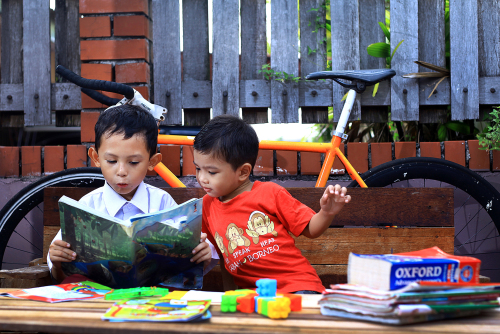
(Credit: KLWBC)
In fact, current Prime Minister Tun Dr Mahathir Mohamad is the biggest champion of reading, claiming that daily reading keeps his mind active by improving his memory and the grasp of language.
He’s actually not wrong, since numerous studies have shown that reading activates the brain, and more frequent cognitive activity in daily life leads to slower late-life cognitive decline.
Lembah Pantai Member of Parliament Fahmi Fadzli has also called on all Malaysians to read at least one book a month.
The material doesn’t have to be something serious – even comics will do.
Fahmi Fadzli at the Back-to-School programme at Taman Bukit Angkasa
Additionally, reading drastically reduces stress up to 68%, a method faster and better than other activities such as listening to music.
So what exactly should we be reading?
Not all mediums are made alike, and even then not all stories are written the same.
But, you say, comic books don’t count, it’s all pictures. Just like how there are different kinds of movies, ranging from philosophical to slapstick, there exists a vast range of storytelling within the different mediums, none better than the other.
Books, comics, graphic novels, and magazines all tell a story, each with different strengths of conveying the message. All of them should at least be given the chance to present what they can offer, since reading is about broadening your horizons, after all.
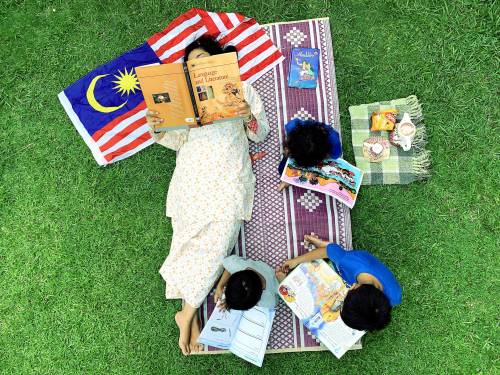
(Credit: KLWBC)
Some seemingly childish mediums such as comic books hold a surprising amount of maturity and meaning, touching on deep topics such as sacrifice, death, or honour. Even “unrealistic” superhero comics like Spider-Man deal with themes of grief, loss, and redemption.
Regardless, any form of reading material is simply a “gateway drug” to more reading. The more reading becomes a part of society, the more acceptable all kinds of reading material will be. To raise a generation of literate children, we simply need to teach them to read and show them that reading is a pleasurable activity.
Best-selling author Neil Gaiman, who also writes for graphic novels and TV shows, proposes that there is no such thing as a bad book.
Do not discourage children from reading because you feel they are reading the wrong thing. Fiction you do not like is a route to other books you may prefer. And not everyone has the same taste as you.
Neil Gaiman
Even within the medium of books, fiction is more or less snubbed in favour of non-fiction, but why is that so when fiction increases our capacity for empathy?
Empathy allows you to use your imagination, to create a world and feel things, visit places, and view different perspectives. Empathy allows us to function as more than self-obsessed individuals. Empathy allows us to care for those who are different from us, and as KL is a city of contrasts and diversity, this rings particularly strong in their goal of KL BACA: Caring through Reading.
But all the different books, comics, novels, and magazines simply reflect the world a certain way: to truly understand the world, we just need to read broadly and deeply.
Where do I read?
KL as the World Book Capital is simply the best opportunity to step into the world of reading, as this year the city will be promoting and highlighting the books and wide array of reading material available to Malaysians.

(Credit: TimeOut KL)
Among the activities are the construction of Kota Buku Complex, a campaign for train commuters to easily pick up reading materials at train stations, and new digital services for 12 libraries in KL’s marginal areas.
In the meantime, don’t hesitate to visit our lovely libraries (KL Library recently reopened with a brand new look), join a reading group, or follow KL BACA on Facebook for the latest information.
What will you be reading next? Let us know on our Facebook, Twitter, or Instagram.
Anne is an advocate of sustainable living and the circular economy, and has managed to mum-nag the team into using reusable containers to tapau food. She is also a proud parent of 4 cats and 1 rabbit.


